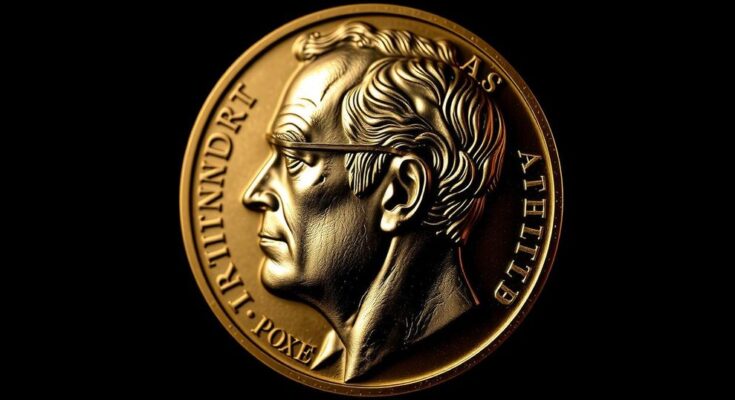This article critiques the recent Nobel Prize in Economics for failing to recognize the unique factors driving Korea’s economic success, particularly the Saemaul Undong movement. It argues that the prize-winning theories, especially those promoting inclusive growth, overlook essential meritocratic policies that were pivotal in overcoming poverty. The piece emphasizes the need for economic models that respect and incorporate diverse historical contexts rather than promoting one-size-fits-all solutions.
The 2023 Nobel Prize in Economics raised eyebrows in Korea, bringing forth regret over the misunderstanding of the nation’s unique economic journey. The winning theories — particularly inclusive growth as articulated by Daron Acemoglu, Simon Johnson, and James Robinson — fail to appreciate the profound successes realized during the Saemaul Undong (New Village Movement), which was pivotal in achieving Korea’s economic Miracle on the Han River. Despite accolades, these theories overlook the fundamental principles that fueled Korea’s miraculous transformation and instead promote a detrimental approach to economic policy. The heart of the critique lies in the comparison made between the 2019 laureates’ work on Randomized Controlled Trials and the actual policies implemented by former President Park Chung Hee. The RCT model showcased how incentives could drive economic behavior, however, it pales against the meritocratic system that rewarded successful villages while neglecting underperformers, a strategy that propelled Korea from poverty to prosperity. This mechanism fostered a robust work ethic and a culture of self-reliance, starkly contrasting North Korea’s poorly designed Chollima Movement which lacked such incentives, ultimately leading to economic malaise. Critics argue that contemporary economic advice, steeped in ideals of egalitarianism, fosters dependency instead of ambition. The implementation of policies that provide government support without accountability has revived the specter of complacency that Saemaul Undong sought to eliminate. The narrative of success in Korea stands as a testament to how rigorous performance standards, epitomized by Park Chung Hee’s policies, were essential to overcoming decades of poverty, directly contradicting the prescribed narratives from Western economic thinkers. Additionally, the insistence that liberal democracy is the hallmark of economic success has grown tiresome. Historical evidence demonstrates that many nations, including South Korea, enjoyed rapid economic growth under authoritarian regimes. The Nobel theorists dismiss the complexities of development, suggesting a simplistic link between democracy and economic progress, while evidence shows a multifaceted relationship that requires more profound exploration. Through their theories, the winners attempt to reshape the understanding of Korea’s economic past while inadvertently overlooking critical elements that contributed to its success. The idea that one model of governance universally ensures prosperity is misleading, especially when considering the economic successes achieved under diverse political structures across the globe. In conclusion, the disappointment surrounding the Nobel Prize highlights a critical disconnect between academic theory and real-world application. It suggests that future economic models must re-evaluate the importance of performance-driven economic policies that have inspired resilience and innovation rather than force-fitting narratives that may not universally apply. The enduring lesson from Korea’s economic history is a reminder that true growth often arises from acknowledging and learning from diverse experiences instead of confining it to simplified theories.
The Nobel Prize in Economics is often perceived as a hallmark of academic achievement, but its interpretations can vary significantly across contexts. In South Korea, the prize has become a source of debate, particularly when awarded theories inadequately reflect the nation’s unique economic success stories. The Saemaul Undong stands as a beacon of Korea’s transformation, providing a contrasting backdrop to the theories of randomized experiments that attempt to generalize economic growth models. This piece explores the tensions between global economic theories and indigenous policy successes, especially how they shape narratives of growth in developing nations.
The 2023 Nobel Prize winners unintentionally sidestep the rich complexities of South Korea’s economic history by imposing generalized frameworks that fail to resonate with its unique journey. By undervaluing the critical role of performance-based incentives that once drove national successes, these theories risk obscuring the lessons that can empower other developing nations. Harnessing past experiences to sculpt future economic policies remains imperative for fostering genuine growth and resilience.
Original Source: koreajoongangdaily.joins.com



